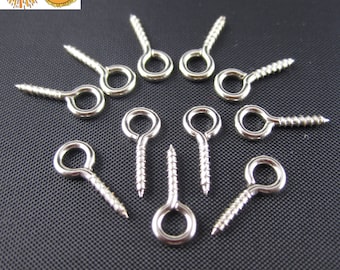scotsman
Well-Known Member
- Joined
- May 17, 2014
- Messages
- 202
- Reaction score
- 139
I usually make all my own equipment for soap making whenever possible as it tends to save me a good deal of money and honestly I just like building things. I'm working on building a soap loaf cutter as well as a planer/beveler. I had a couple quick questions for those of you who also make your own equipment or are in the know.
1)For a loaf cutter, such as the type of the "Tank", it seems to me like guitar strings would be the easiest to use for the cutting wires as they already are twisted around the little brass nut at one end to lock the wires into place in the upper carriage of the cutter.. Obviously you would go with the high E string, but what I was wondering is what gauge of string is typical for these cutters. Guitar strings come in a variety of gauges. .007 gauge strings are extremely thin and would make an extremely clean cut but I worry if they would break too easily. I use this gauge string on my stratocaster and the high E tends to break easily. I was also looking at .008 & .009 gauge. Which do you guys think would be a good balance between thickness and strength?
2)My second question is about planers/bevelers. Do you feel that you get a better looking, consistent cut from a wire or a blade? What type of metal for a blade would you recommend that would be more resistant to corrosion from the alkalinity of fresh soap? I've seen some decent blades at the hardware store that go into those electric planer rigs. They look perfect for the job but are kinda pricey and I wouldn't want to have to replace them too often at that price point. The other blades I was looking at are the refill blades that go in those snap knives but I wonder if they would be too thin and flimsy to accomplish the task well. What do you guys think?
1)For a loaf cutter, such as the type of the "Tank", it seems to me like guitar strings would be the easiest to use for the cutting wires as they already are twisted around the little brass nut at one end to lock the wires into place in the upper carriage of the cutter.. Obviously you would go with the high E string, but what I was wondering is what gauge of string is typical for these cutters. Guitar strings come in a variety of gauges. .007 gauge strings are extremely thin and would make an extremely clean cut but I worry if they would break too easily. I use this gauge string on my stratocaster and the high E tends to break easily. I was also looking at .008 & .009 gauge. Which do you guys think would be a good balance between thickness and strength?
2)My second question is about planers/bevelers. Do you feel that you get a better looking, consistent cut from a wire or a blade? What type of metal for a blade would you recommend that would be more resistant to corrosion from the alkalinity of fresh soap? I've seen some decent blades at the hardware store that go into those electric planer rigs. They look perfect for the job but are kinda pricey and I wouldn't want to have to replace them too often at that price point. The other blades I was looking at are the refill blades that go in those snap knives but I wonder if they would be too thin and flimsy to accomplish the task well. What do you guys think?





